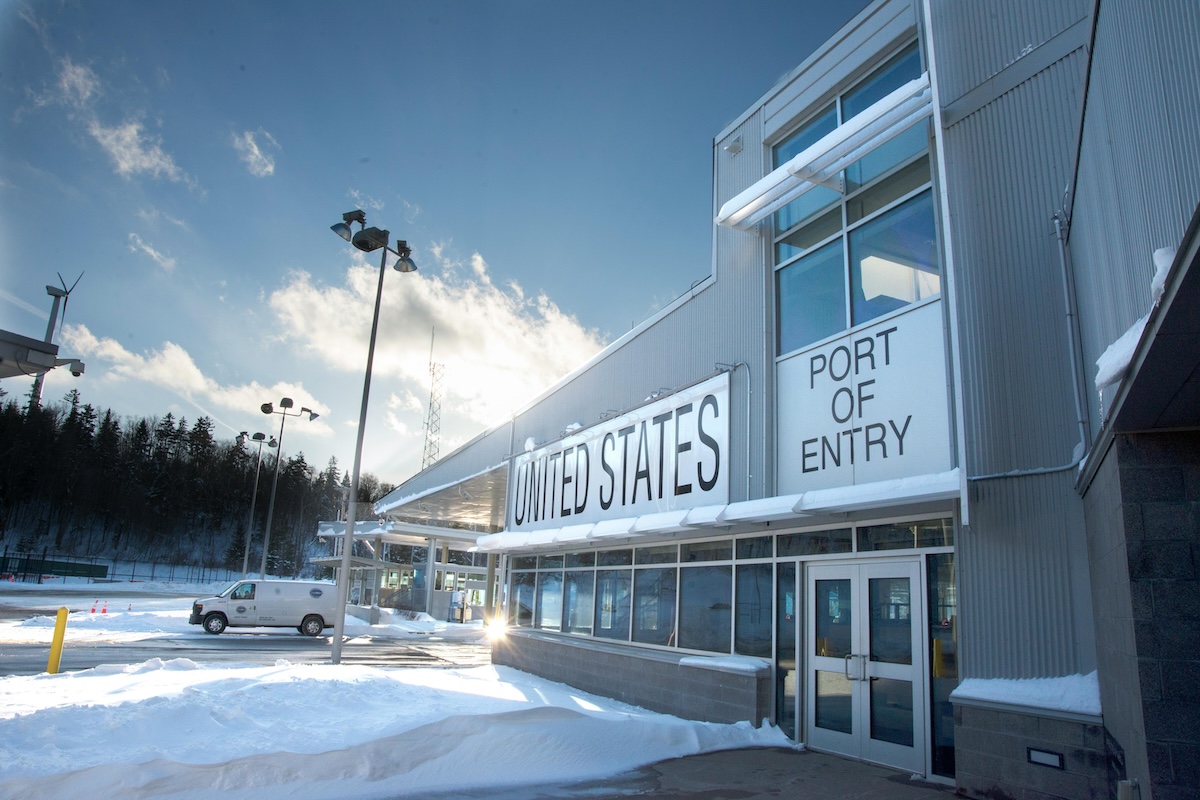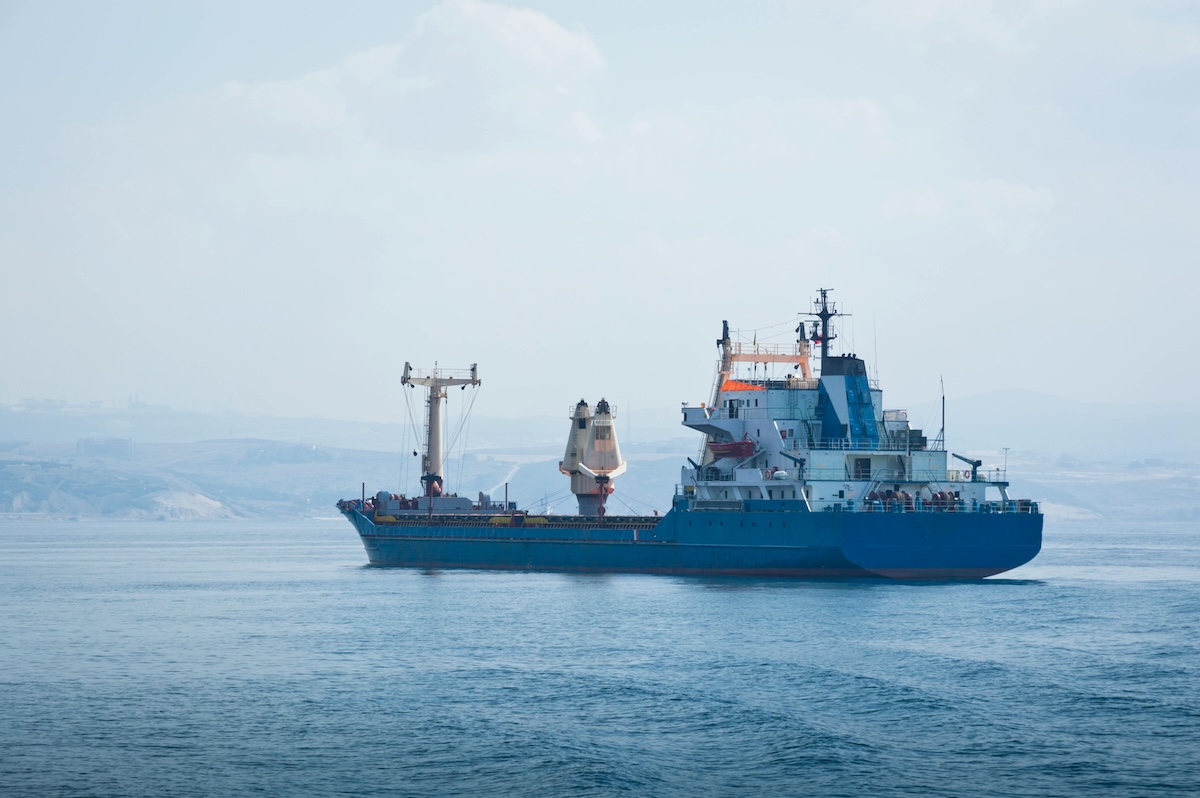ITAR Manufacturing License Agreements (MLAs): What You Should Know

Article Summary
An MLA is a written agreement under ITAR that allows a foreign entity to manufacture U.S.-origin defense articles using technical data provided by a U.S. company.
An MLA is required when a U.S. company authorizes a foreign entity to manufacture defense items using ITAR-controlled technical data or know-how.
An MLA authorizes manufacturing, while a TAA only permits the transfer of technical assistance or data without production rights.
MLAs must be submitted to DDTC via DECCS, include detailed scope and parties, and undergo review to ensure alignment with U.S. national security interests.
Obligations include recordkeeping, marking ITAR-controlled data, submitting annual reports to DDTC, and adhering to reporting requirements.
MLAs must be amended for material changes (e.g., adding parties or expanding scope) and renewed before expiration if continued manufacturing is needed.
Introduction
Under the International Traffic in Arms Regulations (ITAR), any transfer of U.S. defense technology or production capability to a foreign person or entity requires strict authorization from the U.S. Department of State’s Directorate of Defense Trade Controls (DDTC). One of the key mechanisms for authorizing such transfers is the Manufacturing License Agreement (MLA).
An MLA permits a U.S. company to share technical data, defense articles, or manufacturing know-how with a foreign partner to produce defense items abroad. These agreements are essential for joint ventures, co-production arrangements, and foreign manufacturing partnerships in the defense sector. Because they involve the transfer of controlled technical data and production rights, MLAs are among the most tightly regulated instruments under ITAR.
Key Details About ITAR Manufacturing License Agreements
1. What Is a Manufacturing License Agreement?
A Manufacturing License Agreement (MLA) is a written contract between a U.S. exporter and a foreign entity that authorizes the foreign party to manufacture defense articles listed on the U.S. Munitions List (USML).
Unlike a simple export license—which only authorizes the shipment of physical items abroad—an MLA authorizes the transfer of technical data, blueprints, designs, and know-how that enable a foreign company to produce U.S.-origin defense items.
MLAs can also authorize the temporary export of defense articles necessary for production and, in some cases, the re-export of resulting products back to the United States or to third countries, as specified in the approved agreement.
2. When an MLA Is Required
An MLA is required whenever a U.S. company intends to allow a foreign person or entity to:
- Manufacture defense articles using U.S. technical data.
- Use ITAR-controlled technical data or assistance to build, assemble, or produce a defense item abroad.
- Engage in co-production or licensed production arrangements with a foreign partner.
If the proposed transfer only involves providing technical assistance—without authorizing manufacturing—a Technical Assistance Agreement (TAA) is used instead. The key difference is that an MLA includes the authorization to produce, while a TAA only authorizes the provision of assistance or data.
3. DDTC Review and Approval Process
All MLAs must be submitted to and approved by DDTC before any controlled technical data or manufacturing rights can be transferred. The application process includes:
- Drafting the agreement in accordance with ITAR Part 124.
- Including detailed statements on the scope of work, the items involved, and all foreign parties to the agreement.
- Submitting through the Defense Export Control and Compliance System (DECCS).
DDTC reviews the agreement to ensure it serves U.S. national security and foreign policy interests. The review may involve input from the Department of Defense and other agencies. Once approved, the agreement becomes legally binding and defines what activities are authorized.
4. Compliance and Recordkeeping Obligations
Companies holding MLAs are responsible for maintaining strict compliance with all ITAR requirements, including:
- Recordkeeping: Detailed records of technical data transfers, production, and exports must be retained for at least five years.
- Marking requirements: All controlled data shared under the MLA must be properly marked as ITAR-controlled.
- Reporting obligations: Annual reports must be submitted to DDTC describing the status of manufacturing activities and any exports made under the agreement.
Violations—such as unauthorized transfers, unapproved amendments, or failure to maintain records—can result in significant civil or criminal penalties, including fines and loss of export privileges.
5. Amendments, Renewals, and Termination
MLAs are typically valid for a set period (often B'five years') and must be B'amended' if there are any material changes, such as:
- Adding or removing parties,
- Expanding scope, or
- Transferring new technical data.
Renewal requests must be submitted before expiration if continued manufacturing is desired. Upon termination, the parties must ensure that all technical data and defense articles are either returned to the U.S. exporter or disposed of under DDTC authorization.
Conclusion
Manufacturing License Agreements are a cornerstone of ITAR compliance when U.S. defense companies engage in international manufacturing or co-production. They provide a structured legal pathway for transferring sensitive defense technology abroad—balancing industrial collaboration with U.S. national security interests.
For companies involved in defense manufacturing partnerships, understanding the MLA process is essential. Proper drafting, accurate classification, and rigorous compliance with DDTC requirements not only protect against violations but also facilitate legitimate global cooperation in the defense sector.
Key Points
What is a Manufacturing License Agreement (MLA)?
Manufacturing License Agreement (MLA) is a written contract under ITAR that allows a U.S. company to authorize a foreign entity to manufacture defense articles listed on the U.S. Munitions List (USML). Unlike a simple export license, an MLA permits the transfer of technical data, blueprints, designs, and know-how necessary for production. It may also authorize the temporary export of defense articles and, in some cases, the re-export of resulting products to the U.S. or third countries, as specified in the agreement.
When is an MLA required?
An MLA is required when a U.S. company intends to:
- Allow a foreign entity to manufacture defense articles using U.S.-origin technical data.
- Transfer ITAR-controlled technical data or assistance for production abroad.
- Engage in co-production or licensed production arrangements with a foreign partner.
If the transfer involves only technical assistance without manufacturing rights, a Technical Assistance Agreement (TAA) is used instead. The key distinction is that an MLA includes manufacturing authorization, while a TAA does not.
How does the DDTC review and approve MLAs?
The Directorate of Defense Trade Controls (DDTC) must review and approve all MLAs before any controlled technical data or manufacturing rights can be transferred. The process involves:
- Drafting the agreement in compliance with ITAR Part 124.
- Including detailed information on the scope of work, items involved, and all foreign parties.
- Submitting the agreement through the Defense Export Control and Compliance System (DECCS).
The DDTC evaluates the agreement to ensure it aligns with U.S. national security and foreign policy interests. Input from other agencies, such as the Department of Defense, may also be considered. Once approved, the MLA becomes legally binding.
What compliance obligations come with an MLA?
Companies holding MLAs must adhere to strict ITAR compliance requirements, including:
- Recordkeeping: Retaining detailed records of technical data transfers, production, and exports for at least five years.
- Marking Requirements: Ensuring all shared technical data is properly marked as ITAR-controlled.
- Reporting Obligations: Submitting annual reports to DDTC on manufacturing activities and exports made under the agreement.
Violations, such as unauthorized transfers or failure to maintain records, can result in severe penalties, including fines and loss of export privileges.
How are MLAs amended, renewed, or terminated?
MLAs are typically valid for a set period (often five years) and require amendments or renewals in specific circumstances:
- Amendments: Required for material changes, such as adding or removing parties, expanding the scope of work, or transferring new technical data.
- Renewals: Must be submitted before expiration if continued manufacturing is desired.
- Termination: Upon termination, all technical data and defense articles must be returned to the U.S. exporter or disposed of under DDTC authorization.
Why are MLAs important for ITAR compliance?
MLAs are critical for ensuring that the transfer of U.S. defense technology abroad is conducted lawfully and in alignment with U.S. national security interests. They provide a structured legal framework for international manufacturing partnerships, balancing industrial collaboration with strict regulatory oversight. Proper drafting, classification, and compliance with DDTC requirements protect companies from violations while enabling legitimate global cooperation in the defense sector.










